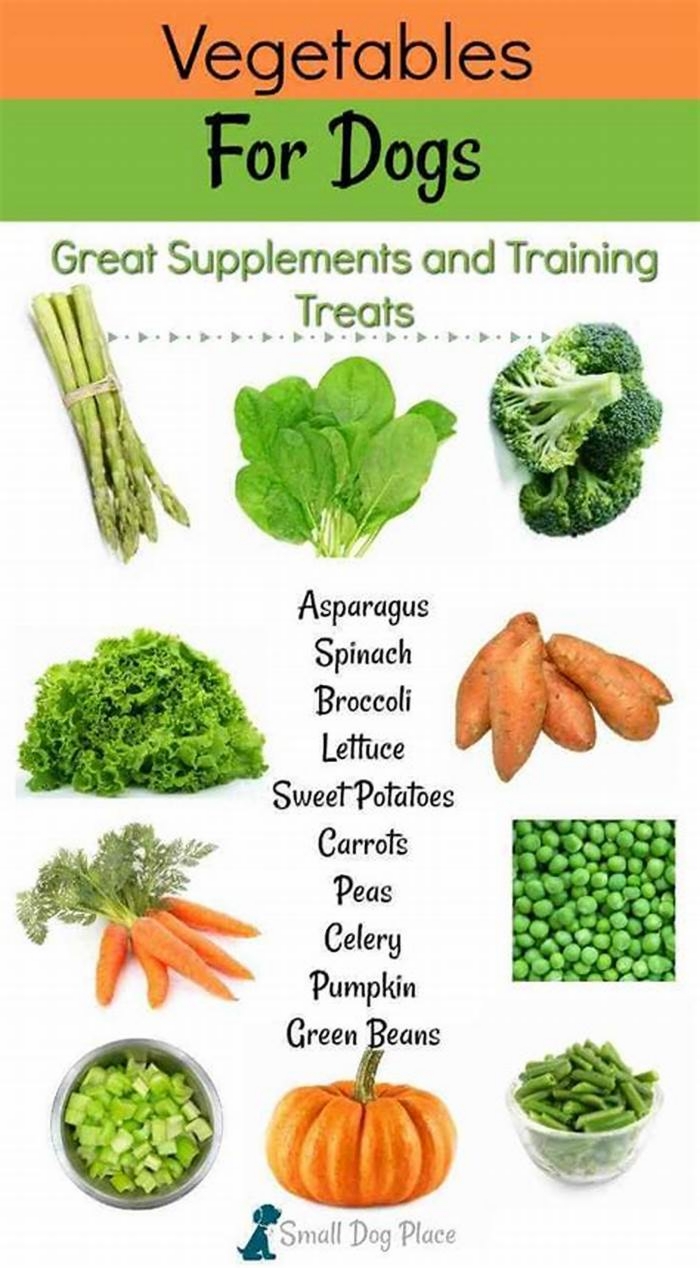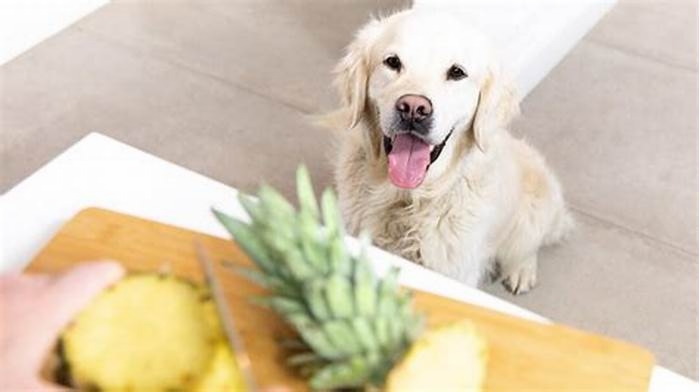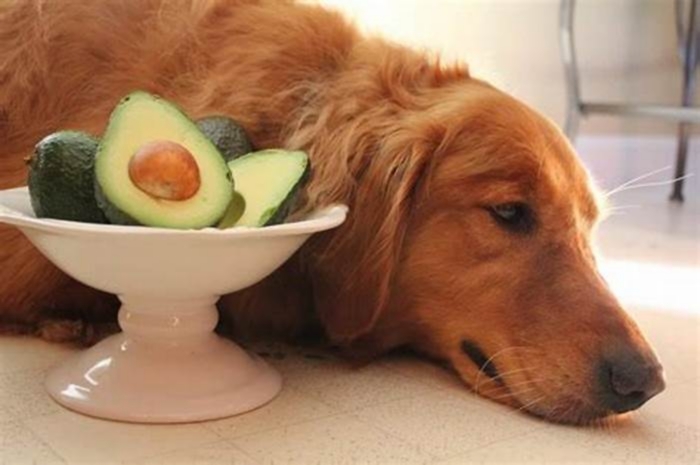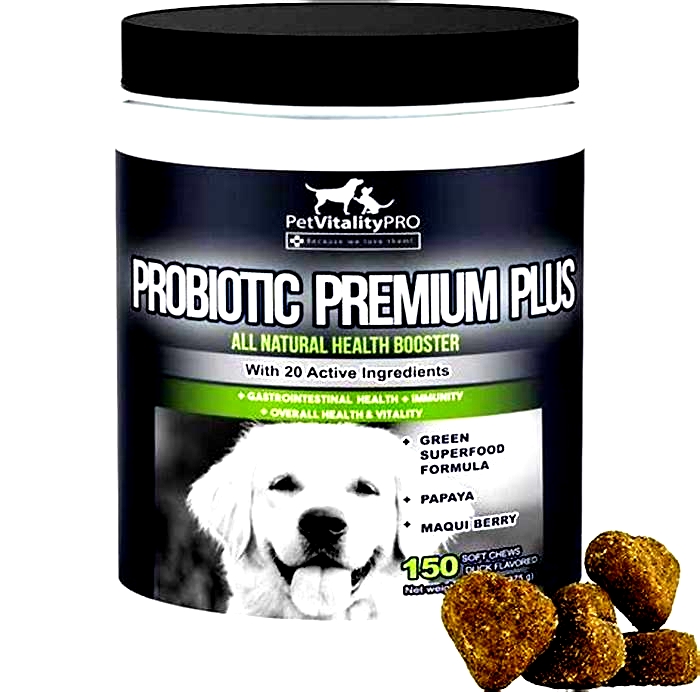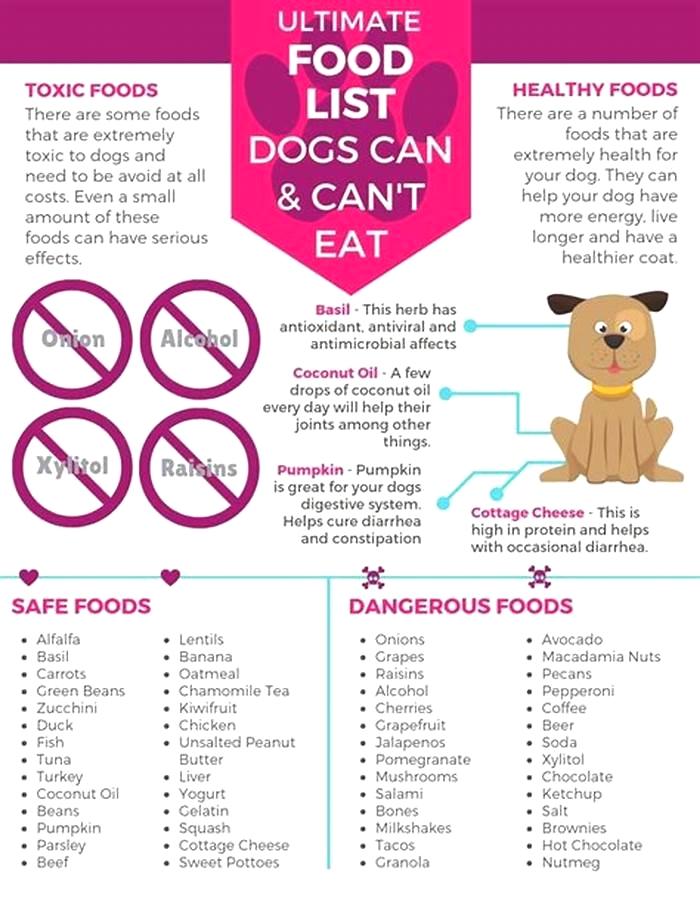What does ginger do for dogs

Can Dogs Eat Ginger? Is Ginger A Great Addition To Your Fidos Diet?

Can Dogs Eat Ginger?
Since ginger has a lot to give health-wise, fur parents cant help but wonder if their dogs can have a bite of this people food. Can dogs eat ginger? Is ginger safe for dogs?
Well, the short answer here is Yes. Ginger is, in fact, a dog-friendly food; however, ginger should only be given in small amounts.
Now that you know the short answer lets get into the nitty-gritty details of ginger and the effects of this powerful root on your dogs health.
Like humans, not all dogs are created equal. Their nutritional needs vary. As such, one of your dogs might find ginger a nice, healthy treat while others may experience an adverse reaction.
Want to know if you should or should not let your dog eat ginger? Read on.
To give you an idea if ginger is beneficial or dangerous for your pooch, weve come up with all the possible risks and benefits of ginger. But of course, nothing beats getting expert advice from a trusty veterinarian.
Must-Know Ginger Facts
Hailed for its tangy flavor, aromatic scent, and numerous health benefits, ginger is used worldwide both as a spice and as Western herbal medicine and traditional Chinese medicine.
So versatile, ginger (aka ginger root) is used in various dishes, pastries, and beverages (think ginger ale, beer, wine, and tea). Its also available in various forms.
Since its a superfood, this humble rhizome proves its worthy of its title. In fact, Healthline gives us 11 health benefits of ginger, all of which are backed up by scientific evidence. Not yet impressed? Check out some of the vitamins and minerals it has in store for us and be amazed.
- Vitamin B6
- Magnesium
- Potassium
- Phosphorus
- Calcium
- Vitamin C
- Iron

Potential Benefits Of Giving Your Dog Ginger
Yes, ginger root is one healthy rhizome, and thankfully this veggie is safe for dogs. Not just that. Its a vegetable that provides a lot of rewarding health benefits for both you and your furball.
So, if youre trying to find a reason to feed ginger to your dog, here it is. Were giving you not just one but nine instances where youll find ginger extra handy.
1. Digestive Aid For Dogs With Upset Stomach
When our stomach feels queasy, or indigestion hits, some found taking ginger (or even ginger ale) a quick fix. Many can attest that this indeed works not only for humans but also for dogs.
Ginger root has the ability to stimulate movement in the digestive system and speed up the process of unloading the contents of the stomach. Simply put, giving your dog small doses of ginger may help alleviate your dogs stomach or digestive issues like stomach upsets, excessive gas, constipation, or bloating.

2. Relieves Nausea & Vomiting
If youre looking for an effective yet inexpensive way to treat nausea, try giving your pup some ginger.
This ancient herb contains gingerol and shogaol. Both are known for their antiemetic or anti-nausea effect. The former is commonly found in fresh ginger or raw ginger, while the latter is abundant in dried ginger.
Apart from that, ginger is also acclaimed for its anti-inflammatory properties. So, if your dogs nausea is partly caused by an upset stomach, adding ginger to your dogs diet would help relax your dogs digestive tract and reduce nausea.
3. Helps With Bloating
While bloat may sound minor, this condition is actually deadly. Also known as GDV (Gastric dilation and volvulus), the exact cause of this disorder remains unknown; however, risk factors include genetics and poor diet.
Apart from stimulating gut movement, ginger can help alleviate bloating by reducing gas build-up. If you observe other signs like abdominal pain, increased heart rate, shortness of breath, and weakness, contact your veterinarian right away.
4. Alleviates Motion Sickness
If your dog is car sick, you might want to give your dog ginger 30 minutes before your travel time. As mentioned, this root can effectively relieve motion sickness thanks to its anti-nausea properties.

5. Healthier Blood Circulation
Older dogs will find this herbs ability to promote blood circulation and lower down blood pressure nifty.
6. Helps With Arthritis
Osteoarthritis is one of the health conditions commonly experienced by senior dogs and large breeds. If your dog is suffering from hip or joint pain, let your dog eat some ginger. It can effectively relieve pain with its anti-inflammatory features.
7. Cognitive Support
Dont wait for signs of cognitive dysfunction to appear. With the help of gingers antioxidant effects, boosting your dogs mental health is possible.
8. Cancer Prevention & Cancer Treatment
Antioxidants play a crucial role in promoting immune system health and fighting disease-causing free radicals. Good thing these roots are loaded with it.
When added to your dogs meal, ginger can help lower your dogs risk of acquiring life-threatening diseases like cancer. Now, if your dog is undergoing cancer treatments, this medicinal herb can also ease the side effects of the treatment.
As mentioned, fresh ginger or raw root is loaded with gingerol. Thanks to its anti-nausea effect, gingerol is also considered a powerful cancer chemopreventive agent.
Now, this isnt all talk. Studies show the positive effect of ginger on dogs taking chemo drugs (in this case, Cisplatin).
9. May Treat Heartworm Disease
If you think thats it, think again. Apart from helping out dogs with cancer, ginger also shows promising results when it comes to treating heartworm-infected dogs.
Risks Of Letting Your Dogs Eat Ginger
While most dogs will benefit from the healing powers of ginger, some dogs may not. And like any other healthy food out there, too much of a good thing can be harmful.
When it comes to ginger, here are all the possible dangers your dog might face. Although few, its best to keep these in mind to avoid any unwanted hiccups.
GI Issues
Considering its spicy taste, ginger may feel a bit hot for some dogs. Their tummies may not tolerate it. So, if its your dogs first time to eat ginger, make sure to start slow and small.
Now, if your dog doesnt mind the sharp taste, you should still avoid overfeeding this herb to your pup. Too much ginger can cause excessive gas, heartburn, and vomiting.
Lower Blood Sugar, Blood Pressure & Thins The Blood
Some dogs may find gingers ability to promote blood circulation useful, but others wont. This is especially true if your dog has a heart condition.
Also, if your dog is pregnant, has diabetes, or has anemia, its best if you keep that root away from your pet until you get your vets approval.

How To Feed Ginger To Your Dog?
Want to give your dog some ginger, but the sharp ginger flavor is just too much? Cant figure out how you can add ginger (whether raw ginger or powdered ginger) to your dogs diet? Try out these tips, and your dog might just enjoy eating this root in the end.
Serve with your dogs favorite dog food. Since the taste of ginger might put off your dog, make sure to remove the skin and finely mince or grate the flesh, which is the yellow part of the ginger. You can top this or mix this up with his regular dog food. Powdered or ground ginger works fine as well.
Stick to the recommended dose. How much ginger is safe for your dogs? Well, this depends on your dogs weight. According to Dr. Tori Counter of Balance Pet Vet, dogs should only be given 10-25 mg of ginger per pound of their body weight.
Try giving your dog some ginger water. If the first one fails, another way to get some ginger into your dogs body is by giving your dog ginger-infused water.
Dog-friendly smoothie + some grated ginger. Dogs cant resist having a cool treat, so try mixing up some ginger in their smoothie.
Nothing beats ginger-infused baked goodies. If all else fails, whip up some baked ginger cookies for your pup. Make sure that it only contains dog-friendly ingredients.
Can Dogs Eat Ginger?
NOTE: Always check with your veterinarian first before giving your dog any new foods, especially people foods. What might be OK for one dog might not be good for your dog, depending on multiple factors, such as their age, health history, health conditions, and diet. Dogs on prescription diets should not be fed any food or treats outside the diet.
Ginger is a popular spice thats known for its distinct aroma and flavor. Its signature spicy kick is found in popular dishes from around the world, and its also known for its therapeutic benefits. For centuries, people have turned to ginger-based remedies and supplements for various ailments, from nausea to inflammation and even migraines and colds.
But what about your furry friend? Can dogs eat ginger, or should they steer clear of these roots? Good news: Dogs can safely eat ginger, and it can even provide some health benefits. But there are still a few things to be aware of before adding ginger in your dogs diet. Namely, they should have ginger only in tiny amounts, and it needs to be the fresh or powdered kindnot pickled!
Read on to learn more about how to feed your dog ginger safely and when you need to ask your vet for advice.
Is Ginger Good for Dogs?
Similar to the ways in which ginger can help us humans with stomach issues or inflammation, dogs can also reap the benefits of eating ginger. Ginger roots contain a bioactive compound called gingerol, which is the reason it has anti-inflammatory and antioxidant properties. These are used as a natural method of relieving common conditions like upset stomach or joint pain.
If your dog is experiencing digestive issues or is prone to motion sickness, a small amount of ginger may help ease their nausea. Some pet parents add a small amount of grated ginger to their dogs food or offer ginger-infused treats as a way to help settle their poochs stomach.
Just as humans use gingers anti-inflammatory properties to help alleviate joint swelling and stiffness, dogs may also find that ginger helps promote relief from joint pain. Always ask your vet before giving your dog ginger for joint pain, as they may have other recommendations for your pet.
Are There Risks To Feeding Dogs Ginger?
While ginger can be a natural anti-nausea remedy or help with joint pain, that doesnt mean you should add a heaping helping to your dogs bowl. As always, moderation is key when introducing a new ingredient to your pets mealtime routine, even when its healthy for them.
Too much ginger can actually upset your dogs stomach, so start with a very small amount and gradually increase over time. Also, dogs who are on certain medications should avoid ginger because it can act as a natural blood thinner.
If your dog has any health conditions or allergies, its always best to talk to your vet before adding a new supplement to their diet, including natural ones like ginger. Your vet can help determine if its safe for your pup to have ginger based on other factors like their health history, age, and weight.
Can Dogs Eat Pickled Ginger?
Pickled gingeraka the kind thats served alongside sushishould not be shared with dogs. This is because the pickling process includes added sugar and vinegar, both of which can be harmful to dogs in excess (not to mention your dog probably wont like the taste).
While a small piece or two of pickled ginger probably wont cause your dog harm if he snags some off the floor, the added sugar and/or salt from the pickling process can lead to health problems or cause GI issues. Too much sugar and/or salt can also cause long-term health issues such as weight gain or endocrine issues like diabetes.
Can Dogs Eat Gingerbread?
While it may be a holiday staple, gingerbread should not be a part of your dogs seasonal snacks. Though the ginger itself does not pose a major threat to your pooch, the other ingredients found in most gingerbread recipes are not safe for dogs to eatespecially nutmeg. Nutmeg is toxic to dogs, and it can cause diarrhea, vomiting, and seizures in severe cases.
Nutmeg isnt the only reason to steer clear of gingerbread. The extra icing and candies used to decorate gingerbread houses can also be dangerous for dogs. While it may be tempting to sneak a bite or two to your four-legged friend while decorating, dont do it!
The sugar and candies (especially chocolate or sugar-free sweets containing xylitol) can be very harmful, so its best to avoid this altogether. There are plenty of dog-friendly gingerbread treats that are better options if you want to offer a holiday-themed snack thats safe.
How Much Ginger Can a Dog Eat?
As with any new addition to your dogs diet, start with a small amount of ginger before offering a full serving size. But even then, the full serving size of ginger for dogs is very, very small. While ginger can provide some benefits for dogs dealing with upset stomach or inflammation from arthritis, giving too much ginger can cause digestive upset.
Remember: Steer clear of pickled ginger and opt for very small amounts of fresh-grated ginger and ginger powder, which can be mixed in with their food. Here are some general portion guidelines to follow if youre introducing ginger to a healthy, adult dog:
Extra-small dog (220 pounds) = less than teaspoon of raw ginger
Small dog (2130 pounds) = approximately teaspoon of raw ginger
Medium dog (3150 pounds) = approximately teaspoon of raw ginger
Large dog (5190 pounds) = approximately teaspoon or less of raw ginger
Extra-large dog (91+ pounds) = approximately teaspoon of raw ginger
How to Safely Feed a Dog Ginger
When it comes to feeding your dog ginger, start slow and adjust after you know how they react to a small amount. A little bit of grated raw ginger or ginger powder sprinkled onto their regular dog food can be a good way to introduce it to them slowly. Then monitor them for any adverse reactions.
You can also make your very own DIY ginger-infused treats. Try adding grated ginger or ginger powder to dog-friendly ingredients like pumpkin, unsweetened applesauce, or sweet potato. Spoon into ice cube trays and pop into the freezer for a dog-friendly pupsicle and offer on hot days. Or bake into homemade dog treats, like these ginger biscuits for dogs.
Even though ginger does provide some health benefits, it doesnt take the place of a well-balanced dog food designed for your pups health and well-being. A good rule of thumb is to keep treats to just 10% of your dogs overall caloric intakesimply subtract those calories from their regular dog food they get for mealtime.
Remember that not all vegetables (or more specifically rhizomes, like ginger) are safe for dogs to eat. Onions and garlic should both be avoided, as they are toxic to dogs. Again, always talk to your vet before introducing new foods to your dog, as they may have dietary advice tailored to your dog based on their health, age, and weight.
Featured Image: Adobe/marinatynik
WRITTEN BY
April Saylor
Freelance Writer

